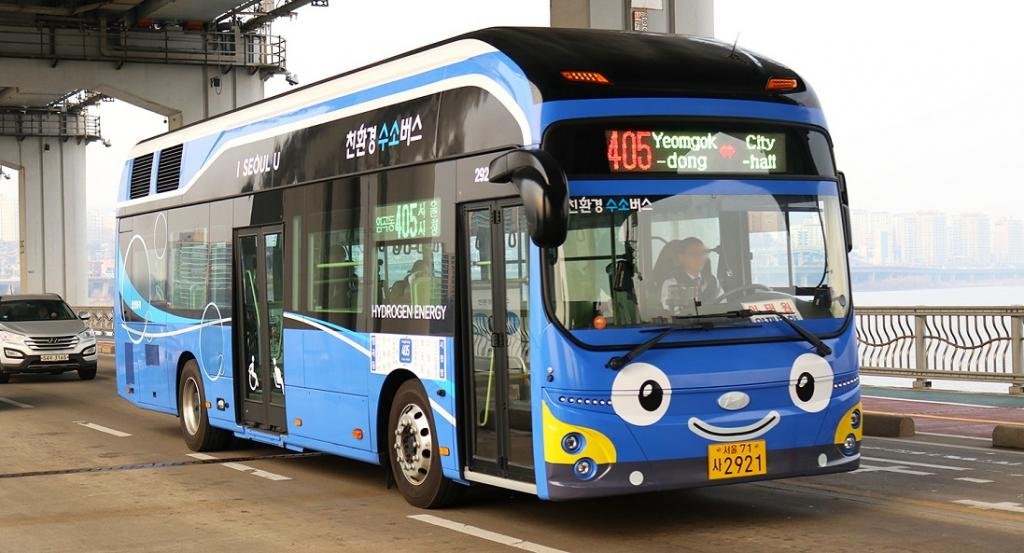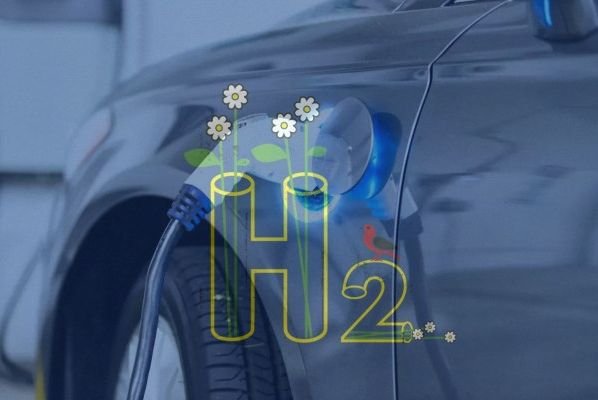India has revised its proposed $8 billion scheme for the auto sector which will now focus on incentivizing companies to build electric and hydrogen fuel-powered vehicles.

This is a significant shift from the government’s original plan to incentivize auto and auto part makers to build mainly gasoline vehicles and their components for domestic sale and export, with some added benefit for electric vehicles (EVs).
Under the new proposal, India will give incentives to automakers for building EVs and hydrogen fuel cell cars only. The government does not want to spend money on promoting old technologies.

Auto parts makers, however, will get incentives to produce components for electric and hydrogen cars as well as for investing in safety-related parts and other advanced technologies like sensors and radars used in connected cars, automatic transmission, cruise control and other electronics.
The original incentive outlay of about $8 billion may also be cut and that the production-linked scheme, which would apply on domestic sale and exports, could be finalized as soon as September-end.

India’s efforts to promote EVs, which make up a fraction of total auto sales, have been stymied so far by a lack of investment and weak demand, as well as the patchwork nature of existing incentives that vary from state to state.
But the government is focused on adopting clean mobility so it can reduce its oil dependence and cut pollution, while also meeting its commitment under the Paris Climate Accord.
Reference- Reuters, Economic Times, The Hindu, Autocar India






